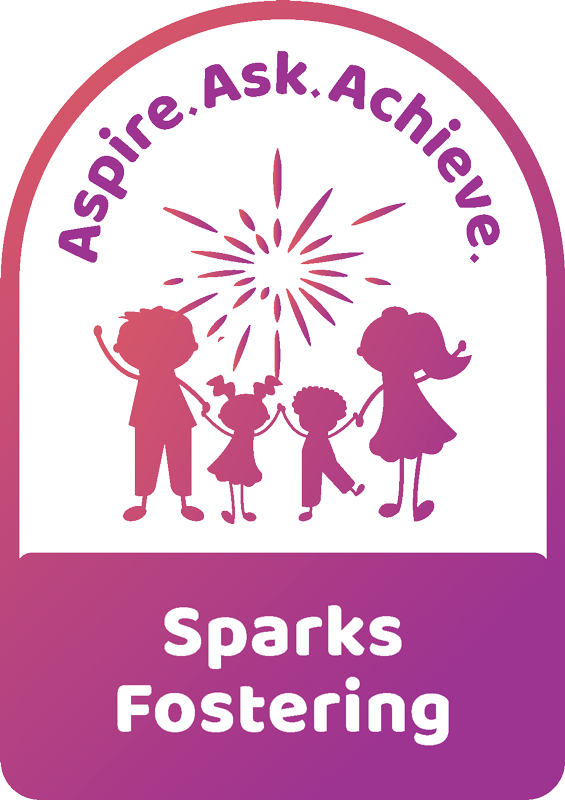Contact with significant others
For most children in foster care there is some level of ‘family time’ between the child/ren and their parents and siblings, or contact with other significant people (e.g. friends or former foster carers). Contact can be indirect (phone/email), or direct (face to face). Face to face family time may be at a contact centre (under the supervision of contact centre staff) or the child may have unsupervised family time in preparation for returning to live with their parents. Family time with siblings may be with the parents, or it may be with the sibling’s foster carers.
More often than not, foster carers do not have direct contact with the birth family and there is never any compulsion for the foster carer to communicate directly with the child’s family. If a foster carer would consider contact with the child’s family, this can only be done with consent and oversight of the children’s social worker and fostering social worker. All communication would also need to be recorded accurately.
There are some circumstances when family time with birth family (or specific members of the family) is completely stopped – for example, if it is believed that a parent had sexually abused the child. In such circumstances even supervised family time would be stopped because of the emotional trauma it is likely to cause the child. There may also be a police investigation, and contact may impact on the investigation, so for that reason contact is suspended.
Foster carers have to be mindful of how family time can affect the children emotionally. Family time can sometimes be very productive and can even work well alongside a plan for the child to return to live with their family, but many children find family time emotionally distressing. The reasons for this could be that the child misses living with their family, or because contact is a reminder of previous abuse, or that something is said in contact that is upsetting. Sometimes birth parents say negative things during family time, or they encourage the child to behave in such a way as to make it impossible for the fostering arrangement to continue. Perhaps the most distressing of all circumstances is the occasions when the parents don’t turn up for family time.
A detailed Sparks Fostering ‘Contact’ Policy provides further guidance around this topic.
Resources (optional reading)
Returning children home from care: learning from case reviews. The NSPCC summarised the key themes in case reviews linked to reunification of children.







